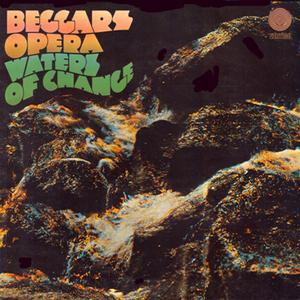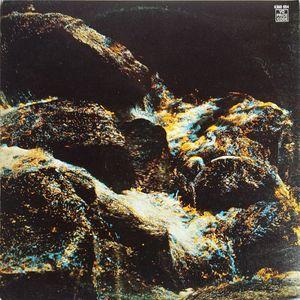Waters Of Change


| Tracklist | |||
| A1 | Time Machine | ||
| Notes: |
Written-By - Alan Park |
||
| A2 | Lament | ||
| Notes: |
Written-By - Alan Park |
||
| A3 | I've No Idea | ||
| Notes: |
Written-By - Alan Park |
||
| A4 | Nimbus | ||
| Notes: |
Written-By - Gordon Sellar |
||
| B1 | Festival | ||
| Notes: |
Written-By - Alan Park |
||
| B2 | Silver Peacock (Intro) | ||
| Notes: |
Written-By - Alan Park |
||
| B3 | Silver Peacock | ||
| Notes: |
Written-By - Alan Park |
||
| B4 | Impromptu | ||
| Notes: |
Written-By - Ricky Gardiner |
||
| B5 | The Fox | ||
| Notes: |
Written-By - Martin Griffiths |
||
Bass Guitar, Flute - Marshall Erskine
Bass, Acoustic Guitar, Vocals - Gordon Sellar
Engineer - Barry Ainsworth
Engineer - Martin Birch
Lead Guitar, Vocals, Acoustic Guitar - Ricky Gardiner
Lead Vocals, Cowbell - Martin Griffiths
Mellotron, Vocals - Virginia Scott
Organ, Piano - Alan Park
Percussion - Raymond Wilson
Producer - Bill Martin & Phil Coulter
Released on a Vertigo ''swirl'' label in a fold-out cover.

